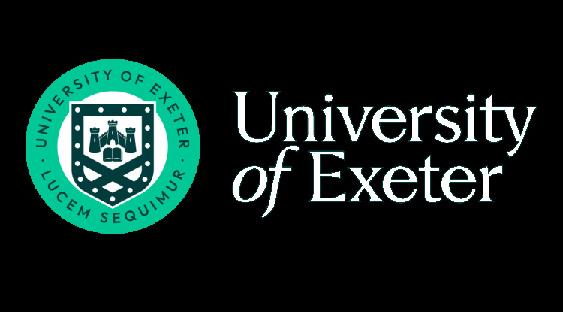Water Sector Capability Statement





As the University of Exeter, our research focuses on some of the most fundamental issues facing the water industry today. Since 2014, our world-leading research impact has grown 72%, more than any other Russell Group University. Join us in creating a more sustainable, healthy and socially just future.
Our academics can work with you on:
We have a history of successful relationships and collaboration with the water industry and our academics are currently working on major projects with water regulators and water companies, such as our strategic partner South West Water.
We have leading expertise in the fields of hydraulic engineering, catchment management, aquatic ecology, environmental intelligence, natural capital, public engagement, carbon accounting, AI and machine learning, remote sensing, climate forecasting, digitisation and leadership.
Nature-based solutions, catchments, remote sensing & public engagement.
Smart infrastructure, network health, modelling & innovation.
Mathematics
Climate and hydrological forecasting, weather hazards.
Artificial intelligence, data analytics & machine learning.
Aquatic contaminants & bioremediation.
Market solutions, digitisation, circular economy & leadership.
The Centre for Resilience in Environment, Water and Waste (CREWW) is a new research centre established in partnership between the University of Exeter and South West Water to undertake the most pressing challenges facing the water sector, namely how we can manage our precious natural resources in ways which are sustainable and resilient in the face of climate change and population growth.
The Environment and Sustainability Institute provides leading research into solutions to envrionmental with strengths in renewable energy, materials and resource, biodiversity and ecosystem services. The institute’s research and impact occur both regionally in the South West and internationally.
The Global Systems Institute applies Earth System Science to generate networked solutions to environmental challenges, by bringing together a cross-disciplinary group of researchers, educators and partners.
The Centre for Water Systems (CWS) is internationally renowned for its research into water systems engineering. Supporting, developing and operationalising sustainable water management is strongly addressed by the Centre’s activities. This includes research into water supply and distribution systems, waste water and urban drainage systems, flood risk management, and smart water systems.


The Joint Centre for Excellence in Environmental Intelligence brings together world-leading researchers from the University of Exeter and the Met Office, to pioneer environmental intelligence for climate, health and extreme weather.
The Land, Environment, Economics and Policy Institute (LEEP) encourages decisionmaking that safeguards the environment and works closely with research users in government, business and communities to develop knowledge and understanding of how the environment is managed and used. Specifically, it encourages better policymaking through improved design, appraisal and evaluation. Crucially, LEEP integrates expertise from natural and physical science research within environmental economic analyses. This integrated approach means it is ideally positioned to advise on complex challenges such as pollution and climate change.
The Exeter Centre for Circular Economy (ECCE) engages in innovative research, knowledge transfer and executive education projects. The centre engage in projects that develop Circular Economy theory and practice designed to transform our economy, creating regenerative wealth and wellbeing.
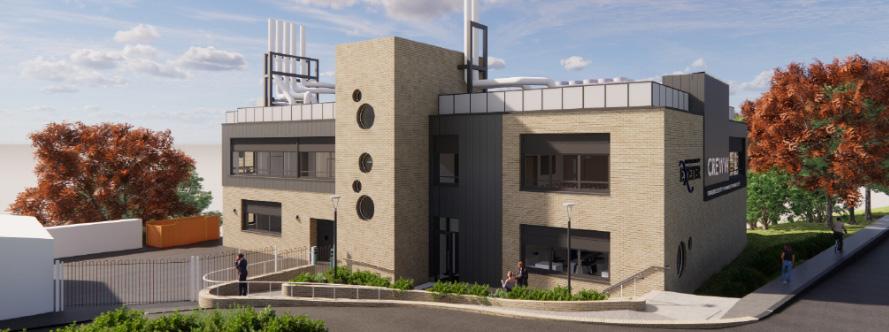
Nature based solutions
Catchment science
Water quality
Environmental modelling
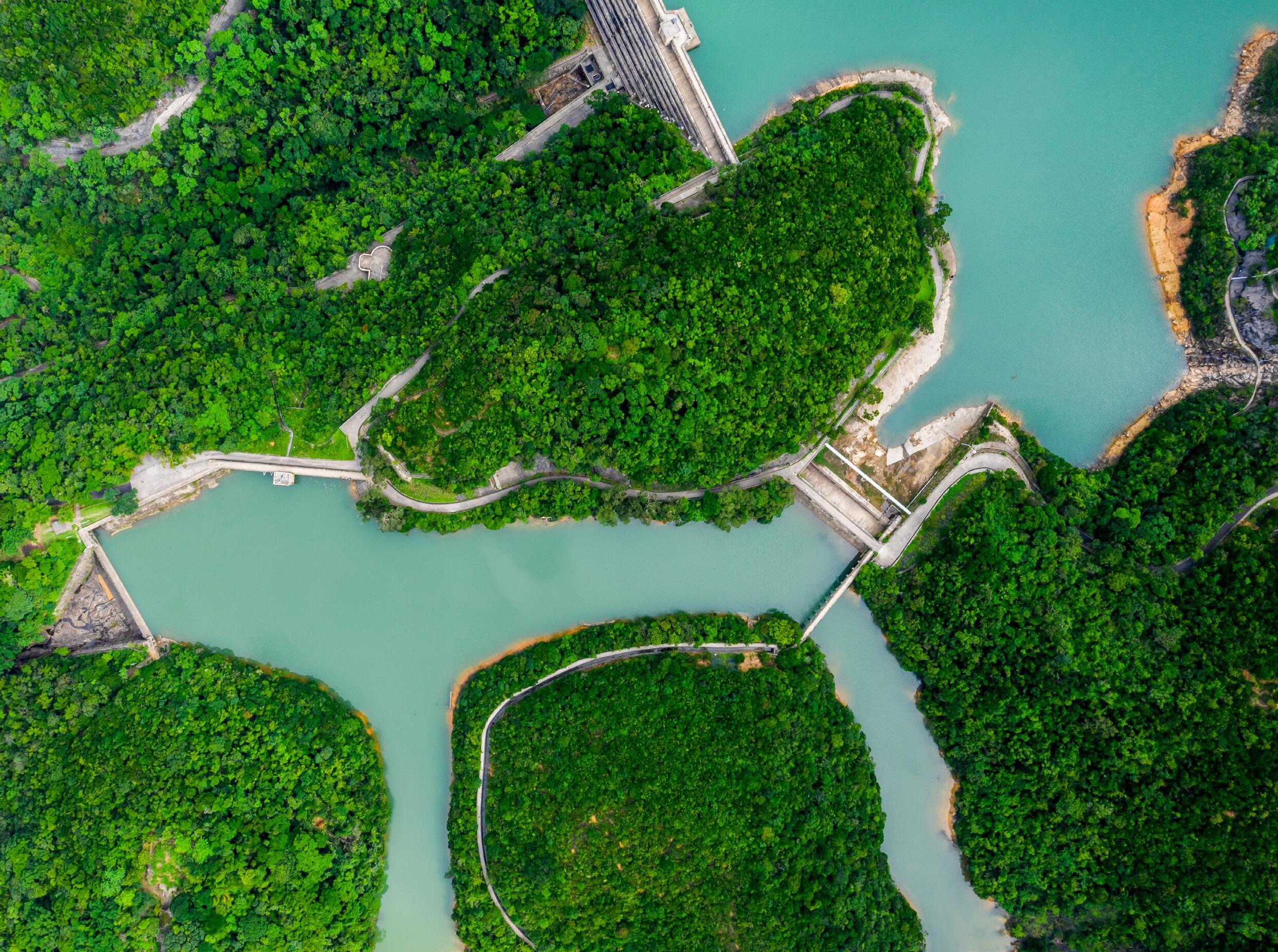
Upstream Thinking - catchment management to improve stream water quality and decrease water treatment costs.
Building evidence for a regional (whole catchment) based approach for water management (SWEEP).
NERC Historic Droughts Project.
Richard Betts holds a joint role between the University of Exeter and the Met Office, his research interests include climate change projections for risk assessment and informing adaptation.
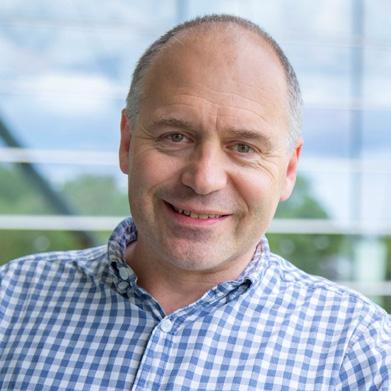

Rich Brazier’s research specialisms are in geomorphology and hydrology with an emphasis on soil erosion, sediment and nutrient mobilisation and delivery, water quality and landform evolution from hillslope to landscape scales.

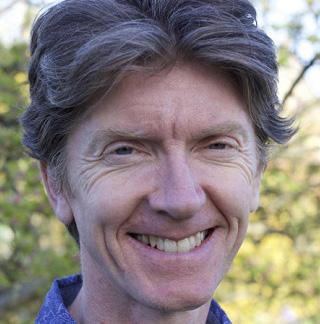
Stewart’s research focuses on the ways in which publics engage with contemporary environmental dilemmas such as climate change, drought events and changes to consumption patterns.
Patrick Devine-Wright’s research seeks to understand how the public are imagined and engaged with by policy makers and industry in relation to energy and environmental problems - for example as users, consumers and citizens.
Karen Anderson’s research is concerned with hydrological monitoring, geomorphological and ecological survey, and gas flux measurements using high precision remote sensing methods.
Catherine Butler’s research interests include exploring how publics respond to climate change adaptation strategies from engineering and resilience stand points.
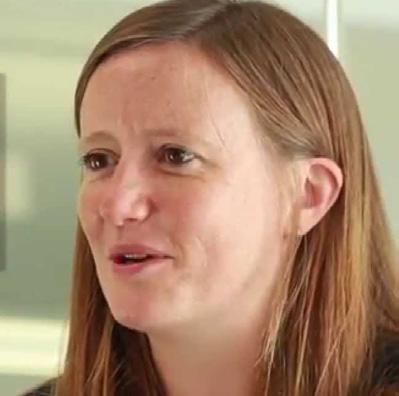
 Prof Stewart Barr Community Resilience
Dr Karen Anderson Remote Sensing
Prof Richard Betts Climate Change Impacts
Prof Richard Brazier Ecohydrological Restoration
Prof Patrick Devine-Wright Customer Engagement
Dr Catherine Butler Public Adaptation
Prof Stewart Barr Community Resilience
Dr Karen Anderson Remote Sensing
Prof Richard Betts Climate Change Impacts
Prof Richard Brazier Ecohydrological Restoration
Prof Patrick Devine-Wright Customer Engagement
Dr Catherine Butler Public Adaptation
Pia
research seeks to understand the environmental effects of landscape restoration for catchment health.
lie
Donna Carless’s research lies in catchment and environmental land management.
Ben Jackson’s research is in catchment science including river and sewer flooding, evaluating the effects of land-cover change upon hillslope hydrology, low-flow hydrology and issues relating to water quality.
David Luscombe’s research interests include using remote methods for network leak detection.
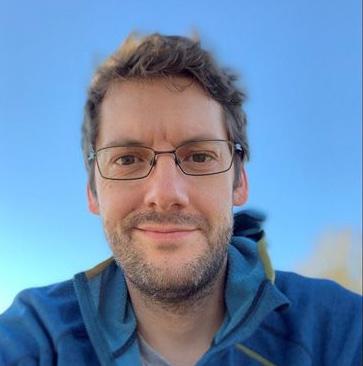

Naomi Gatis’s research lies in understanding the effect of moorland restoration on carbon emissions and vegetation change.
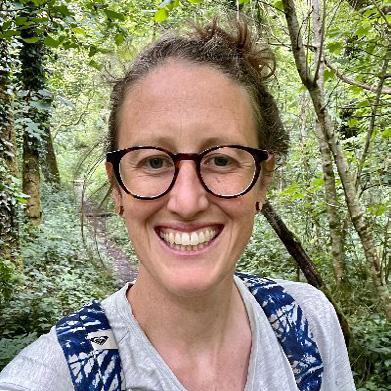
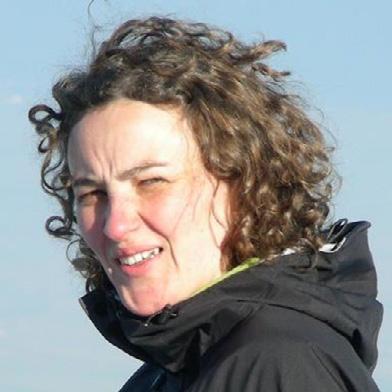

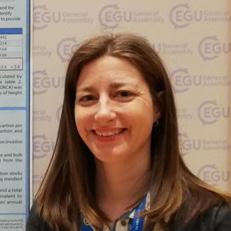 Dr Donna Carless Whole Catchment Water Management
Dr David Luscombe Drone-based Leak Detection
Dr Pia Benaud Peatland Restoration
Dr Emilie Grand-Clement Catchment Water Quality
Dr Ben Jackson Catchment Science
Dr Naomi Gatis Greenhouse Gas Emissions
Benaud’s
Emilie Grand-Clement’s research interests
in peatland restoration, water quality and catchment management.
Dr Donna Carless Whole Catchment Water Management
Dr David Luscombe Drone-based Leak Detection
Dr Pia Benaud Peatland Restoration
Dr Emilie Grand-Clement Catchment Water Quality
Dr Ben Jackson Catchment Science
Dr Naomi Gatis Greenhouse Gas Emissions
Benaud’s
Emilie Grand-Clement’s research interests
in peatland restoration, water quality and catchment management.
Kerry Burton is particularly interested in the role of social and economic practices that create more just and equitable relationships between communities, businesses and the planet.
Lewis is a facilitator and researcher specialising in outdoor experiential education and behaviour change.

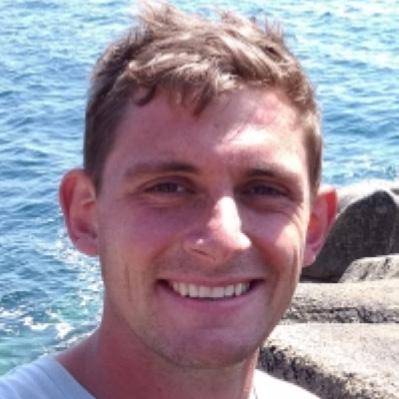
Josie Ashe is interested in understanding of how spatially distributed networks can be used to parameterise real-time flow and water quality modelling.
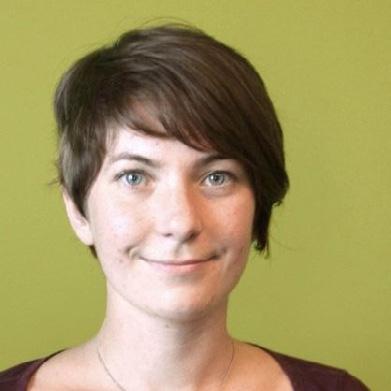
Roger recently completed his PhD looking into the human dimensionspotential opportunities, conflicts and societal views - of reintroducing the Eurasian beaver to England.
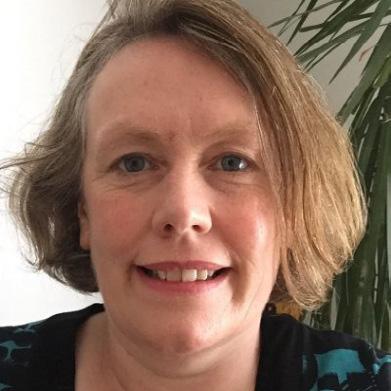 Dr Roger Auster Human Dimensions of Biodiversity
Dr
Dr
Dr Roger Auster Human Dimensions of Biodiversity
Dr
Dr
Our Expertise
Climate Change, Adaptation and Sustainability
Computational Modelling and Analysis
Hydroinformatics and Artificial Intelligence
Risk, Impact & Resilience
Water Resources and Asset Management
Water Quality and Environment
FIWARE4Water - FIWARE for the Next Generation Internet Services for the WATER sector
NextGen – Towards a next generation of water system and services for the circular economy
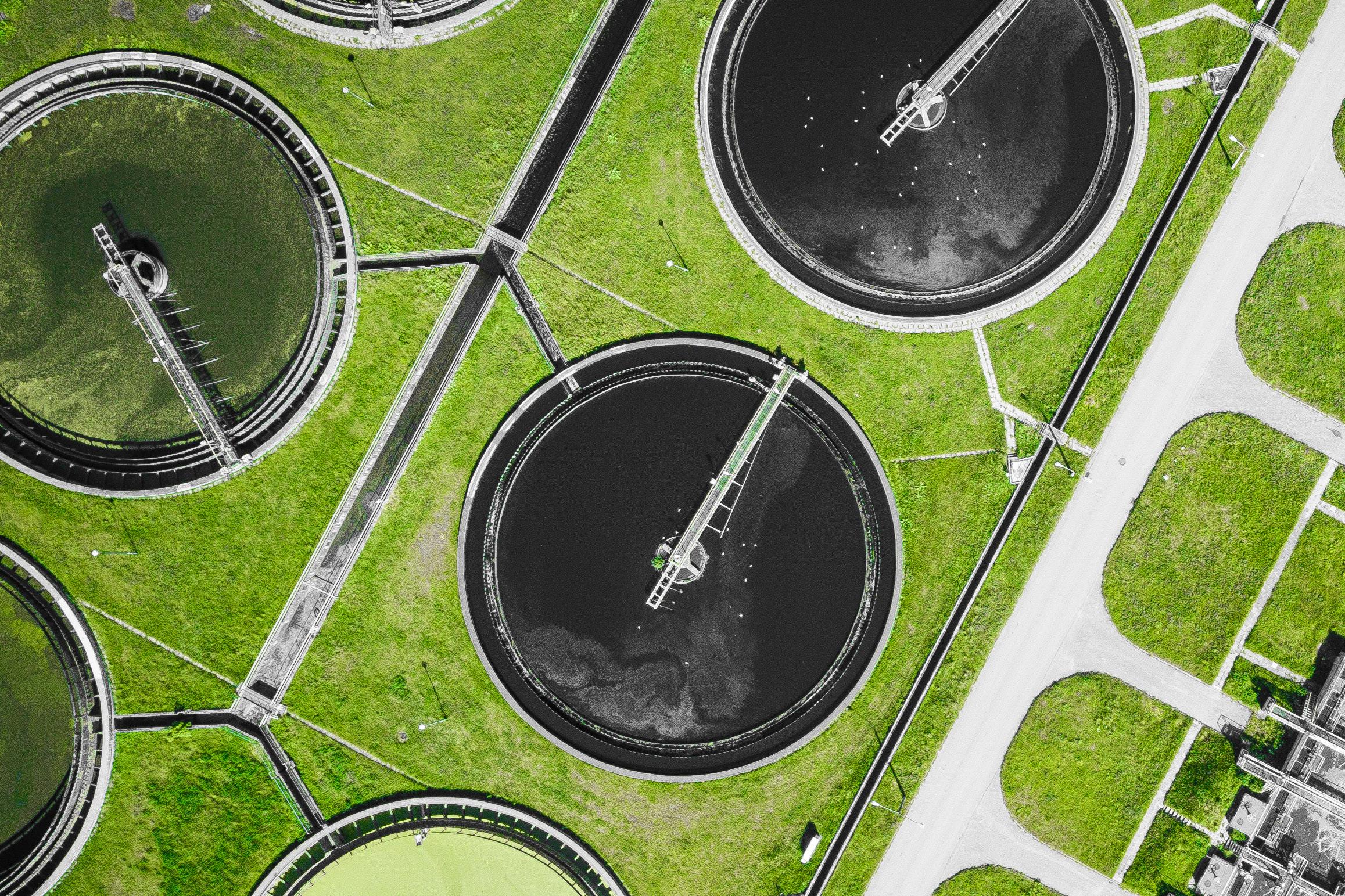
ULTIMATE – Industry water-utility symbiosis for a smarter water society
RESCCUE – Resilience to cope with climate change in urban areas – a multisectoral approach focusing on water economy
David Butler specialises in urban water management, including sustainable and resilient water systems, rainwater management systems, smart infrastructure and water-energycarbon interactions.


Slobodan Djordjevic has a wide expertise set ranging from drainage networks and sewer ventilation to flood assessments on human infrastructure and water resources resilience to climate change.
Raziyeh Farmani specialises in urban water systems modelling, water resources management and asset management and has expertise in multi-objective optimisation of water networks.

Albert Chen’s interests include water resources, hydrology and hydraulic modelling, urban drainage, flood forecasting and early warning, innovation technology applications as well as climate change mitigation and resilience strategies.

Akbar Javadi’s main research interest is in different areas of computational geomechanics, biomechanics, desalination systems and renewable energy.
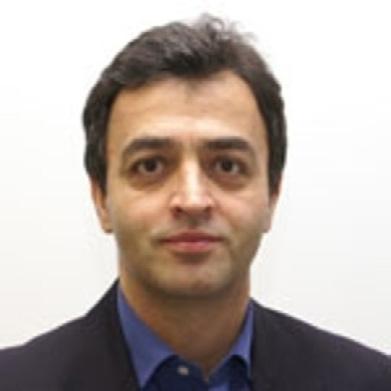
Peter Melville-Shreeve’s interests lie in the development of innovation management approaches in the water sector; start-up support services; incubator platforms and technology ventures.
 Prof Raziyeh Farmani Network Health
Prof Akbar Javadi Sewer Infiltration
Prof David Butler Combined Storm Overflows
Prof Slobodan Djordjevic Sewer Management
Prof Albert Chen Water in Human Environment
Peter
Prof Raziyeh Farmani Network Health
Prof Akbar Javadi Sewer Infiltration
Prof David Butler Combined Storm Overflows
Prof Slobodan Djordjevic Sewer Management
Prof Albert Chen Water in Human Environment
Peter
The aim of Xiaoyu Yan’s research is to develop quantitative analytical models and tools to help governments, industry and the public make more informed decisions with respect to environmental sustainability.

Fayyaz Memon has research interests in water reuse technologies, water consumption trends sustainable drainage systems and water saving micro-components.
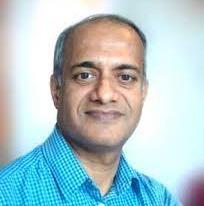
Kate Baker works in the space of knowledge exchange in response to emerging challenges and uncertainties to ensure research outputs are of importance to both customers and water companies.
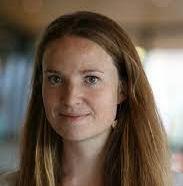
James Webber’s research includes a range of topics associated with strategic water management, with a particular focus on developing flood resilience strategies using distributed green infrastructure.
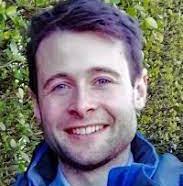
Tony Norton has a detailed understating of climate change, energy, low carbon building and low carbon planning policy and has worked extensively across the region advising regional bodies and local authorities on climate change and a low carbon future. renewable energy.
 Dr Kate Baker Customer Engagement
Tony Norton
Prof Xiaoyu Yan Life Cycle Analysis
Dr James Webber Community Resilience
Prof Fayyaz
Dr Kate Baker Customer Engagement
Tony Norton
Prof Xiaoyu Yan Life Cycle Analysis
Dr James Webber Community Resilience
Prof Fayyaz
Climate predictions
Weather forecasting
Hydrological cycle
Natural hazards
STORMY-WEATHER: Plausible storm hazards in a future climate (2020-2022).
Mat Collin’s research interests include the physical aspects of climate change and changes to the hydrological cycle.

Adam Scaife’s work includes forecasting climatic conditions in the UK at seasonal to decadal time scales.
Jennifer Catto’s research interests include predicting plausible storm hazards in a changing climate.

Robin Chadwick’s research interests include changing rainfall patterns in a future climate and climate science communication.

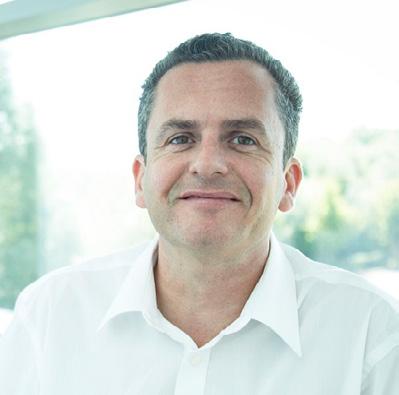 Prof Mat Collins Climate Forecasting
Prof Adam Scaife Monthly to Decadal Forecasting
Dr Robin Chadwick Rainfall Change
Dr Jennifer Cato Natural Hazards
Prof Mat Collins Climate Forecasting
Prof Adam Scaife Monthly to Decadal Forecasting
Dr Robin Chadwick Rainfall Change
Dr Jennifer Cato Natural Hazards
AI, sensors, machine learning and computer vision.
Big data and data analytics.
Digital Twins.
Social Sensing.
Digital twin for water pipe systems to predict performance of the pipe network.
Simplified Dual-Drainage Modelling for Flood Risk Assessment in Urban Areas
Predictive Maintenance and Sewer Blockage Prevention through Machine Learning Period with DC Welsh Water

Ronaldo Menezes is Head of the Computer Science department. He is a member of CompleNet and NetSci Society and directs the BioComplex Laboratory.
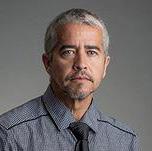

Richard Everson’s research interests are in machine learning, statistical pattern recognition, multi-objective optimisation and the links between them.
Hywel Williams’s research applies complex systems thinking and computational methods to problems in artificial intelligence, Earth system science, evolution and social sciences.


Edward Keedwell’s research interests lie in nature-inspired computing techniques and their applications to a variety of difficult problems taken from bioinformatics and engineering.
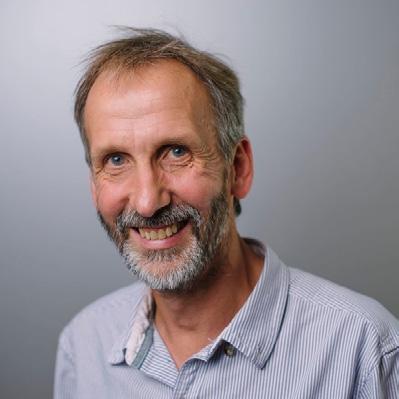
Guangtao Fu’s research focuses on developing and applying new computer models, data analytics and artificial intelligence tools to tackle a wide range of water challenges.
Rudy Arthur’s research interests include using social media data to provide forecast verification data and nowcasting during natural catastrophes, like floods and storms.
 Prof Guangtao Fu Smart Water Infrastructure
Prof Ronaldo Menezes Data and Network Science
Prof Richard Everson Machine Learning
Prof Edward Keedwell Machine Learning
Dr Rudy Arther Social Sensing
Dr Hywel Williams Artificial Intelligence
Prof Guangtao Fu Smart Water Infrastructure
Prof Ronaldo Menezes Data and Network Science
Prof Richard Everson Machine Learning
Prof Edward Keedwell Machine Learning
Dr Rudy Arther Social Sensing
Dr Hywel Williams Artificial Intelligence
Microplastics
Chemical pollution
Nanotoxicology
Bioaccumulation and biological effects of microscopic plastic debris in the ocean
Environmental Behaviour, Bioavailability and Effects of Manufactured Nanomaterials
Eduarda Santos’ research interests centre around the effect of environmental stressors on living organisms in aquatic systems, both natural environments and aquaculture.
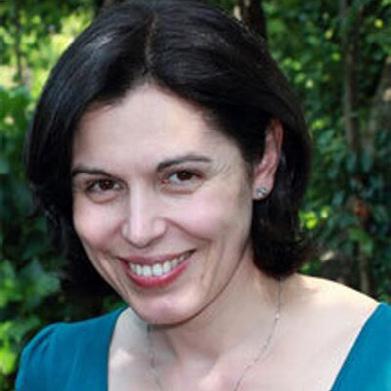
Rod Ellis works on enhancing the productivity and sustainability of aquaculture through research on the adaptation and acclimation in animals exposed to environmental change.

Paul Boisseaux’s research focuses on the ecotoxicological impacts of plastics in marine ecosystems.
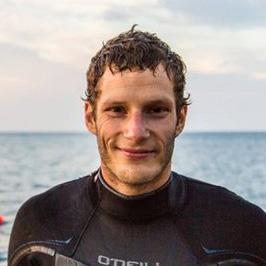
Elizabeth Williams research interests are in the external and internal signals that guide metamorphosis in marine animals that are crucial to the survival and evolution of marine populations.
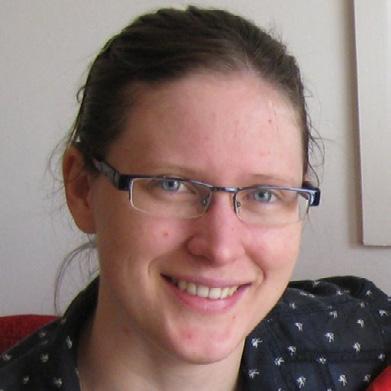 Dr Eduarda Santos Environmental Pollutants
Dr Robert Ellis Aquaculture
Dr Elizabeth Williams Aquatic Animals
Dr Paul Boisseaux Microplastics
Dr Eduarda Santos Environmental Pollutants
Dr Robert Ellis Aquaculture
Dr Elizabeth Williams Aquatic Animals
Dr Paul Boisseaux Microplastics
Charles Tyler’s works towards understanding the physiological processes behind endocrine disruption in wildlife, principally fish, because of environmental contaminants.
Tamara Galloway takes a systems wide approach to studying the impacts of microplastics and other environmental pollutants on living systems.
Will Gaze’s research focuses on the environmental dimension of antimicrobial resistance farmed and natural environments.
Rod Wilson’s research interests lie in the influence of natural and anthropogenic environmental changes on the physiology and behaviour of aquatic animals.

Mike Allen’s applied projects include biofuel production and processing, bioremediation, water sanitation, high throughput liquid processing and the development of novel photobioreactor technologies for promoting microalgal growth.

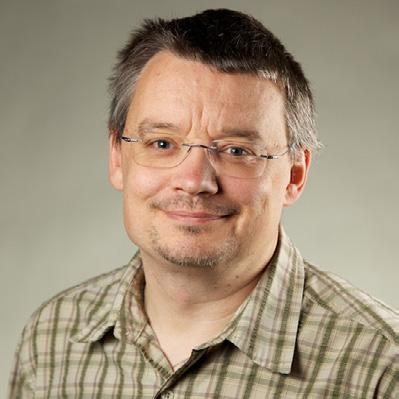
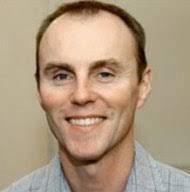
Ceri Lewis seeks to understand the biological impacts of microplastics in the environment.
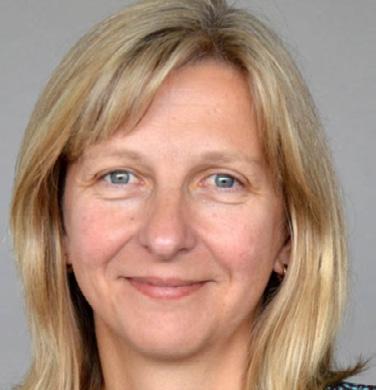
 Dr Michael Allen Applied Bioprocesses
Prof Charles Tyler Pollutants
Prof Tamara Galloway Microplastics
Prof Rod Wilson Ecotoxicology
Dr Ceri Lewis Microplastics
Prof Will Gaze Microbiology
Dr Michael Allen Applied Bioprocesses
Prof Charles Tyler Pollutants
Prof Tamara Galloway Microplastics
Prof Rod Wilson Ecotoxicology
Dr Ceri Lewis Microplastics
Prof Will Gaze Microbiology
Our Expertise
Net Zero
Circular Economy
Payments and Markets for Environmental Systems
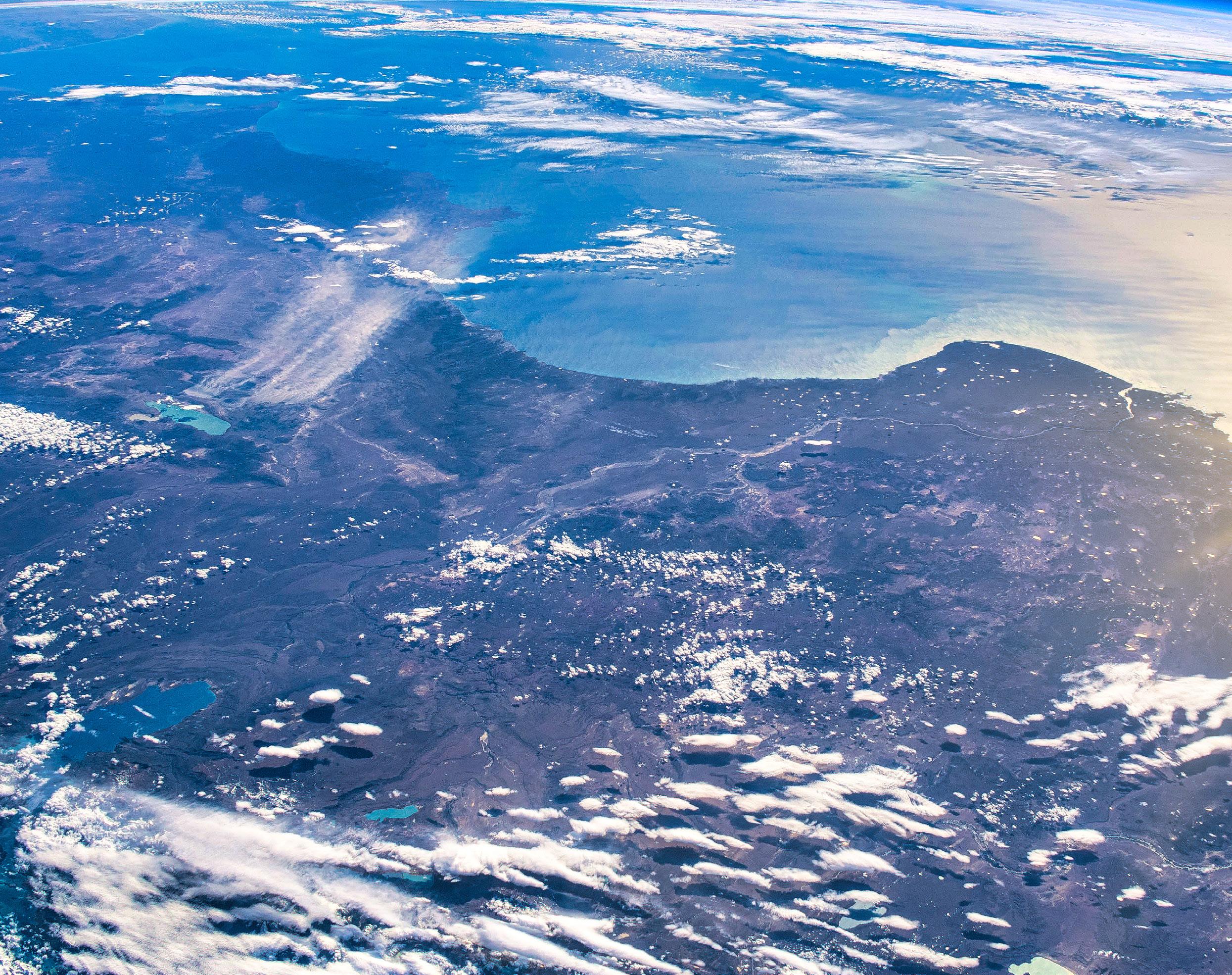
Digitisation and Digital Transformations
Leadership
Net Zero Plus: planning the UK’s new woodlands.
Exeter Centre for MultiDisciplinary Plastics Research.
Ian Bateman works with government and industry to address the interactions between the economy and the environment in a way that delivers economic and environmental benefits.
Alan Brown’s research is focused on agile approaches to business transformation, and the relationship between technology innovation and business innovation in today’s rapidlyevolving digital economy.
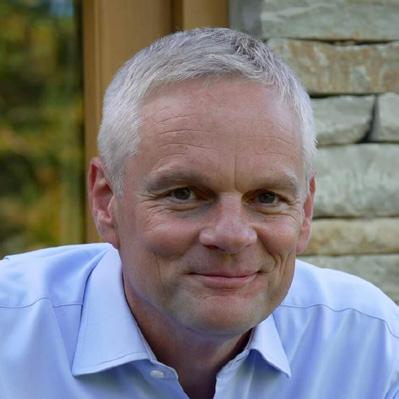

Brett Day’s environmental decisionmaking facing research interests include the development of markets and payments for environmental services such as pollution control.
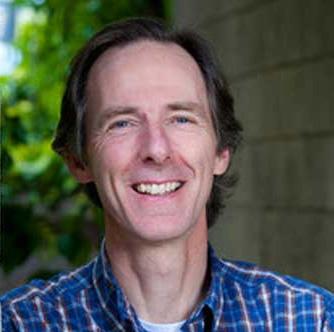
Peter Hopkinson is concerned with how the circular economy disrupts and impacts on business models, systemic innovation and product and service design.

Mark Thompson’s research interests lie in applying digital solutions to issues of organisational innovation and transformation.
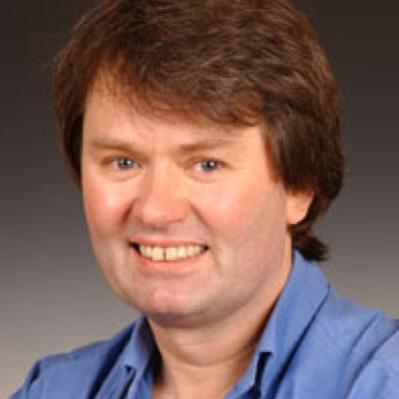
Fiona Charnley’s work focuses on how big data can be harnessed to accelerate transitions to circular economy operating models.
 Prof Mark Thompson Digitisation of Public Services
Prof Ian Bateman OBE Environmental Decision-making
Prof Alan Brown Digital Economy
Prof Brett Day Pollutant Markets
Prof Fiona Charnley Data-Driven Intelligence
Prof Peter Hopkinson Circular Economy Operations
Prof Mark Thompson Digitisation of Public Services
Prof Ian Bateman OBE Environmental Decision-making
Prof Alan Brown Digital Economy
Prof Brett Day Pollutant Markets
Prof Fiona Charnley Data-Driven Intelligence
Prof Peter Hopkinson Circular Economy Operations
Ilke Inceoglu’s research focuses on employee well-being, work behaviour and the impact of technology, such as digitisation, on employee engagement.

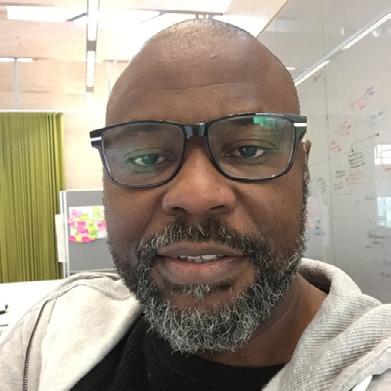


Nav Mustafee seeks to investigate real-world business problems through modelling and operational research.

Stefan Bohem’s research interests include the relationship between business and climate change, of focus is the water-food-energyenvironment nexus.
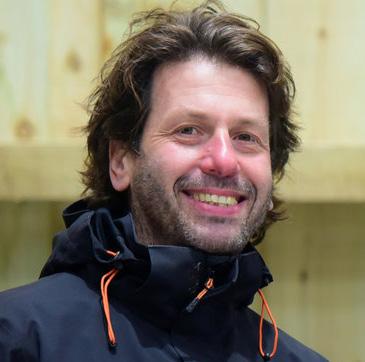
David Dose’s research interests lies in the areas of consumers’ moral judgment and decision-making when it comes to the environment, and the effectiveness of incentives.
Halid Abu-Bakar considers issues of household water consumption within circular economy principles and utilising smart water infrastructure.
Inmaculada Adarves-Yorno has expertise in areas such as leadership, organisational commitment, communication, performance and employee wellbeing.
Dr Halid Abu-Bakar Water Consumption Prof Ilke Inceoglu Leadership and Transformation Prof Nav Mustafee Modelling and Simulation Prof David Dose Consumer Marketing Dr Inmaculada Adarves-Yorno Organisational Resilience Prof Stefan Bohem Sustainable BusinessRichard Brazier Professor of Earth Surface Processes and Co-Director, CREWW

R.E.Brazier@exeter.ac.uk
Josephine Butcher Business Development Manager and Programme Manager, CREWW
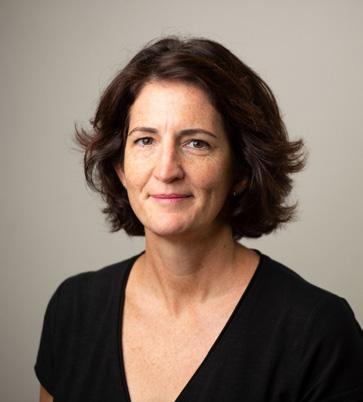
J.Butcher@exeter.ac.uk
Alice Foulkes Project Support Officer, CREWW
A.Foulkes@exeter.ac.uk

